
When running a small cleaning business, every dollar counts—and every supply decision feels a bit make-or-break. So, what about buying in bulk? Is it cheaper? Smarter? Better? From multi-purpose sprays to janitorial cleaning supplies that keep your operation running smoothly, wholesale options offer serious appeal, especially when budgets are tight. Let’s unpack the pros and cons of wholesale cleaning supplies for a small operator, beyond the marketing fluff. What works for a large-scale commercial cleaner might be overkill—or even wasteful—for a smaller team or solo operator. And yet, the savings and simplicity can be too good to ignore. This guide's for you if you’re trying to balance price, quality, and practicality.
The appeal of wholesale: Cost savings and convenience
At face value, wholesale cleaning supplies look like a smart business move. Bulk pricing, fewer trips to suppliers, and having everything on hand sounds ideal. But there’s nuance, especially when you’re not running a massive team. From what I’ve seen working with small operators, the biggest benefit comes down to cost-per-unit savings. You can easily cut your spending by 20–30% on essentials like hand soap, disinfectant, and microfibre cloths when buying by the case rather than the bottle. But here’s the thing: that saving only works if you’re actually using the product regularly and storing it safely.
Key benefits:
Lower unit pricing on high-use items
Reduced delivery or purchasing frequency
Easier standardisation of products across jobs
Ability to stock specific items for niche clients (like food-safe cleaners)
Storage, shelf life and waste: The hidden costs
Still with me? Good—because this bit matters more than people realise. I've seen a few sole traders go all-in on wholesale only to find they didn’t have the storage space or enough clients to rotate stock quickly. Result? Products expired, leaked, or got damaged in garages and car boots. It’s a bit fiddly—sure—but worth it to ask: Can you store 20L of floor cleaner properly for 12+ months? And shelf life? Some cleaning agents, especially those with active disinfecting ingredients, break down over time. Buying in bulk is only economical if you can use it before it expires.
Common pitfalls:
Products spoiling or degrading due to poor storage
Wasted money on items that go unused for months
Safety risks (leaking containers, chemical reactions)
Overbuying niche products you rarely use
Choosing the right products for wholesale purchase
You don’t need to go all-or-nothing with wholesale. Most pros I’ve worked with find a sweet spot: buying core consumables wholesale and sourcing the rest as needed.
Here's what works well in bulk for most small operators:
Glass cleaner, multi-purpose sprays
Disposable gloves and paper towel rolls
Mop heads, cloths, scrubbers
Floor and bathroom cleaners with long shelf life
Whereas specialist products (like oven cleaner or stone-safe polish) may be better in smaller quantities. One client I worked with only ordered janitorial cleaning supplies like gloves, bags and spray bottles wholesale—everything else they tailored job-to-job. You might also want to monitor seasonal usage. For example, air-freshening sprays or mould removers may spike in demand during humid months, while hard floor polish might sit unused through winter. Understanding usage cycles can help you plan smarter bulk buys without risking overstock.
Compliance matters: Don’t skip the safety side
If you're storing chemicals—even common ones—you’re legally required to manage that responsibly. In Australia, every operator must ensure their practices align with recognised chemical safety standards, even if you're a one-person show. That includes how products are stored, labelled, and disposed of on the job.
Safety essentials:
Always read the SDS (Safety Data Sheet) for each product
Don’t store incompatible chemicals together
Use sealed, labelled containers with proper PPE
Make sure your vehicle isn’t a rolling hazard zone
Staying agile: Avoid overcommitting your cash flow
Let’s be real: Stockpiling can feel productive, but it ties up your cash. When you buy $1,000 worth of product that won’t be used for six months, that’s $1,000 you don’t have for equipment upgrades, advertising or emergencies. This is especially true if you're early-stage or picking up inconsistent gigs. Instead, consider hybrid supply models—buy a baseline of essentials in bulk, and top up based on bookings. That way, you’re not caught with dusty cartons of underused gear or cash flow headaches. And don’t underestimate the value of supplier relationships. Some wholesalers offer flexible minimum orders, free delivery thresholds, or loyalty perks. Working with the right partner can give you wholesale benefits without locking you into mountains of inventory. If you're exploring bulk options but unsure where to begin, it’s worth checking out this guide on how to choose the right wholesale cleaning supplier—it covers what to watch for in contracts, delivery options, and how to avoid getting stuck with the wrong partner
Watch the trends and stay flexible
Buying wholesale can make your ops look “big,” but staying lean and informed is often smarter. The cleaning industry is evolving: green certifications, fragrance sensitivities, and even client-supplied products are rising. If you want to stay ahead, keep an eye on cleaning industry trends—they can help guide what’s worth buying in bulk and what might soon fall out of favour.
Eco-friendly matters more than ever
Clients—especially in office and strata settings—are becoming more conscious of how their spaces are cleaned. They’re asking more questions about what’s in the products, how they’re sourced, and whether you’re minimising environmental impact.
This isn’t just a marketing angle—it’s becoming standard. Some tenders now require proof of sustainable sourcing or low-toxic formulations. If you're planning to buy in bulk, now’s the time to consider green alternatives and low-impact packaging.
Is it worth it?
Here’s the short version:
✅ Yes, if you’re using high volumes of consistent products
❌ No, if storage is tight or your jobs vary too much
💡 Best approach: bulk-buy staples, flex the rest
And don’t skip the admin. Safety, shelf life, and spending discipline can make or break your wholesale plan. Wholesale buying isn’t just a supply decision—it’s a business strategy. The right call depends on how often you clean, how much space you’ve got, and what your clients expect. Stay nimble, stay informed, and don’t be afraid to test small before you go big.
🧾 Final takeaways
Focus bulk buying on high-use, long-shelf-life products
Know your storage limits and chemical safety obligations
Track cash flow—don’t let inventory freeze your flexibility
Use industry trend insights to guide smarter supply decisions

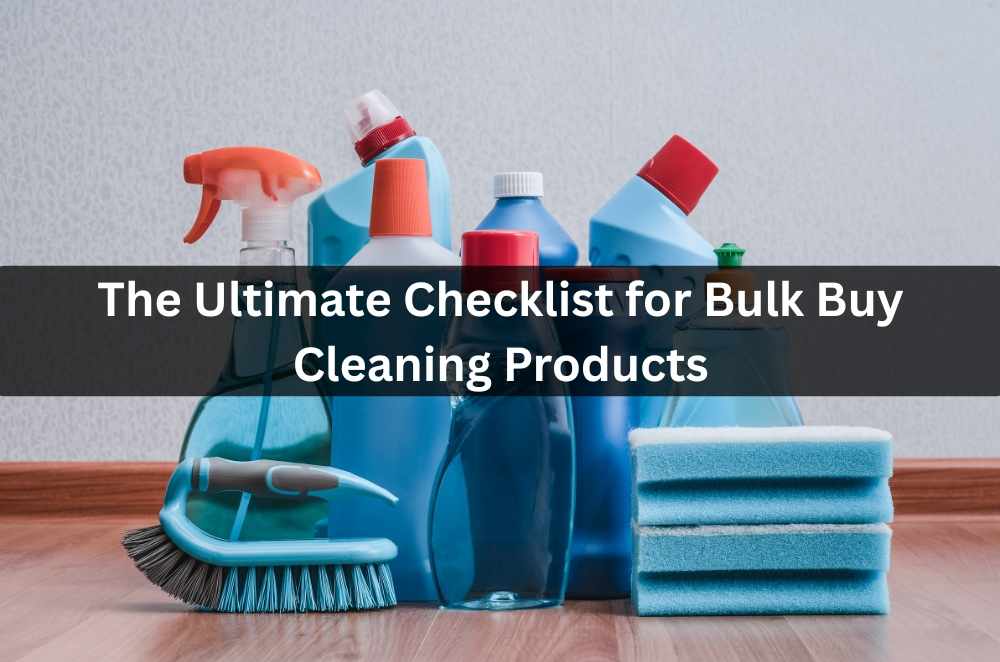
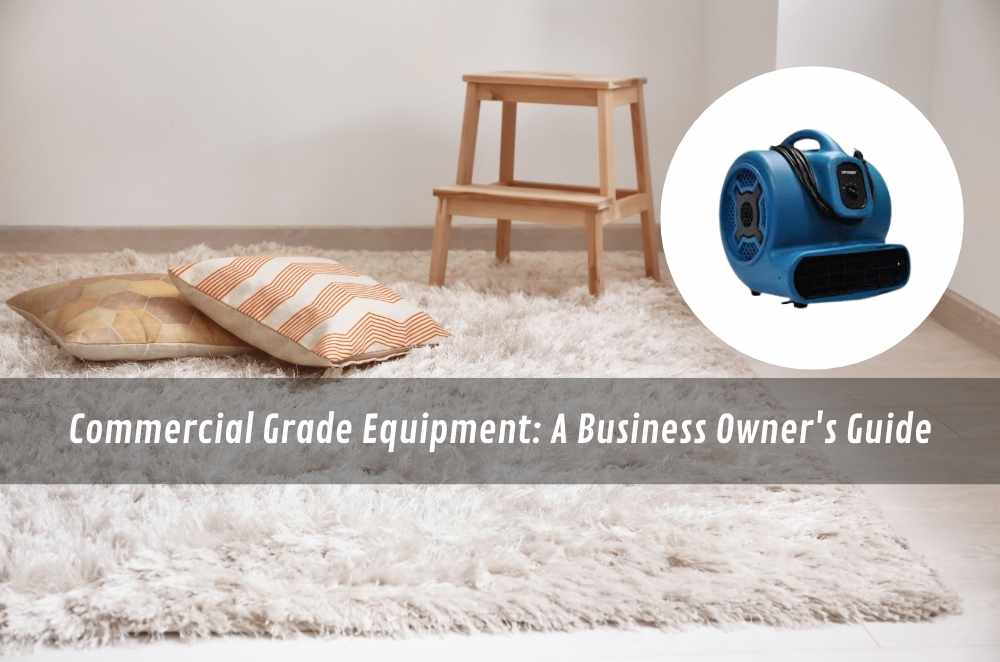
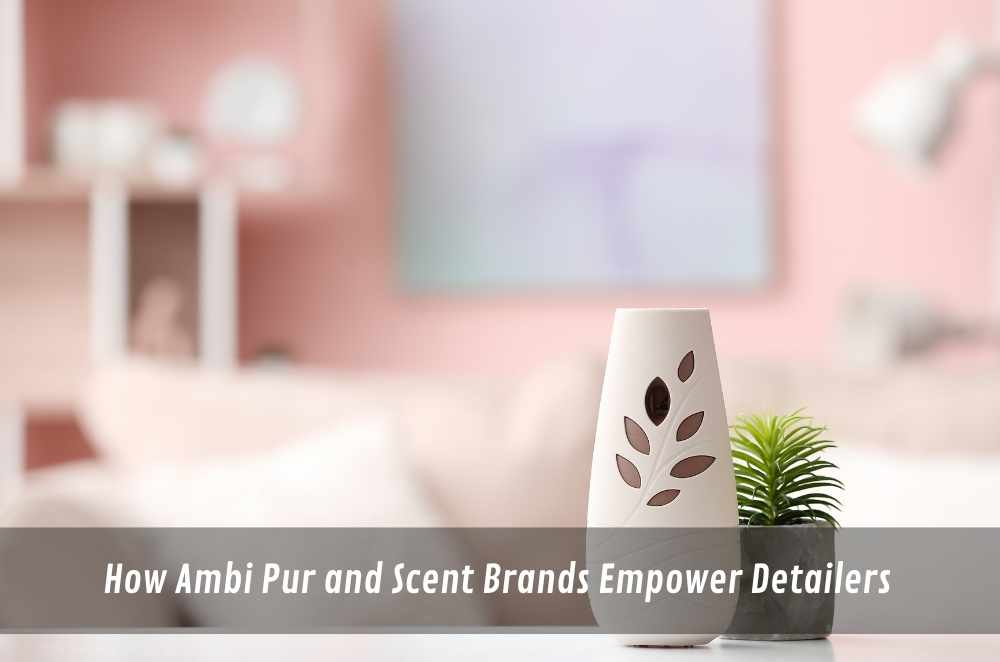
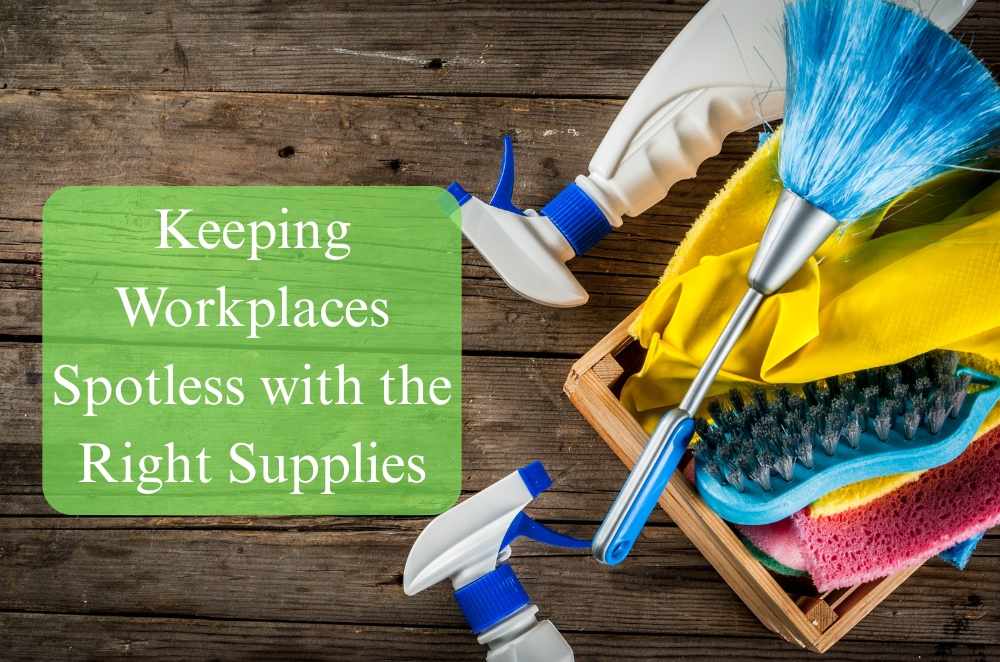

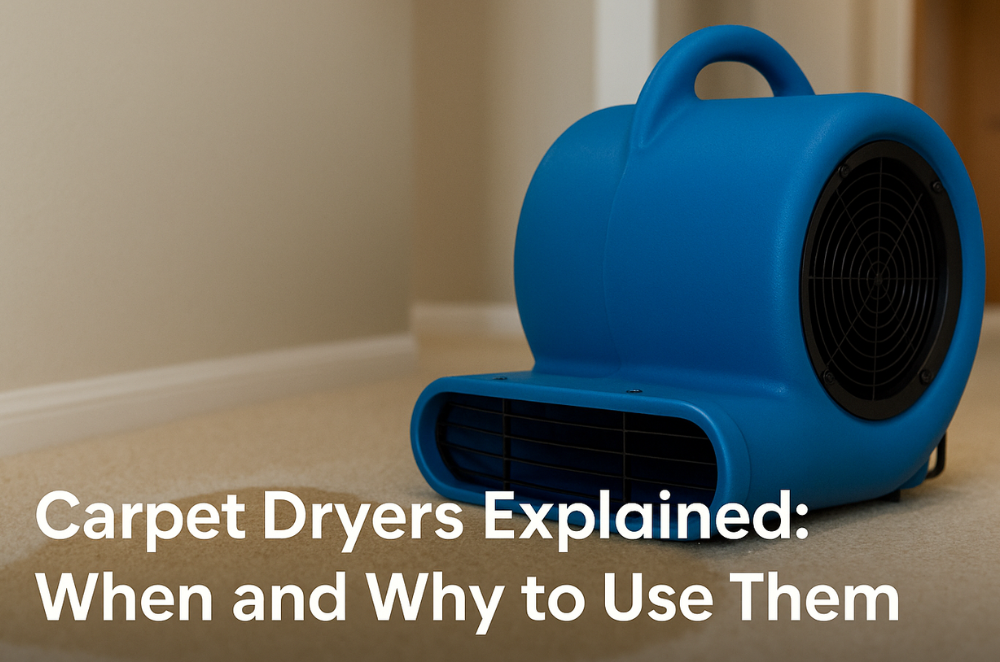

Write a comment ...